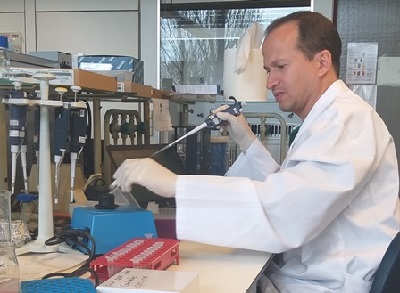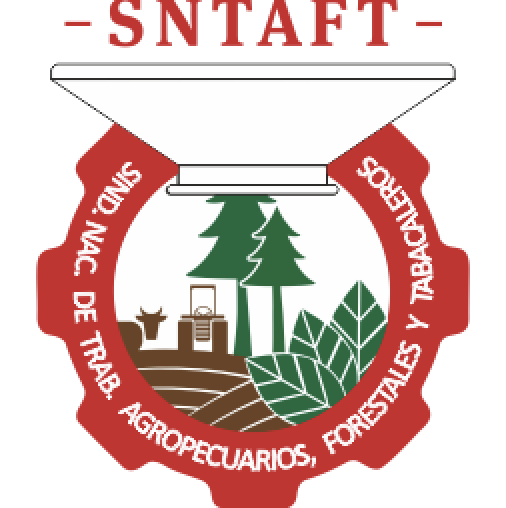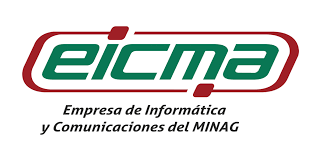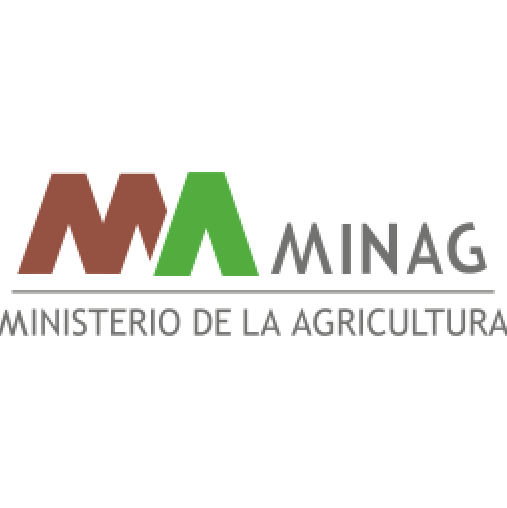GAF
National prestigious award for cocoa science
As a recognition of teamwork, for the sustainable development in Baracoa and other parts of Cuba of the agricultural product with which the worldwide demanded chocolate is obtained, values ??the Doctor in Agricultural Sciences Igor Bidot Martínez, from the University of Guantánamo (UG), the 2020 National Prize from the Cuban Academy of Sciences, recently awarded to the research it coordinates.
Morphological, genetic and phytopathological diversity of traditional Cuban cacao (Theobroma cacao L.) was the only one, among the 102 distinguished investigations, with UG as the main executing entity, in the group of Agricultural and Fisheries Sciences, at the same time as the Casa de Ciencia y Progreso participates in three other awards this time by the ACC. Highlighting the importance of genetic research, the professor at the Agroforestry Faculty of UG, who coordinates the international project Design and strengthening of an agroecological cocoa production system in Cuba, explained that they constitute the basis for achieving significant changes in the economy. in the long term, and consequently in society. "The province of Guantánamo is fundamentally agricultural, so any research oriented to this field is fundamental for the territory, especially those related to the most important crops in the province, such as cocoa," said the professor of General Genetics in the career of Agricultural Engineering and Forest Genetics in the career of Forest Engineering, and researcher of Genetics and plant biotechnology, in statements to Venceremos. Bidot, who is also coordinator of the national project Genetic Potentialities for the agroproductivity of cocoa clones of the Cuban germplasm bank, indicated that the awarded research would not have been possible without the coordinated work of several Cuban institutions (UG, Instituto de Investigaciones Agroforestales UCTB Baracoa, University of Havana) and Belgium (Catholic University of Louvain). "The investigations were financed by the University Cooperation for Development of Belgium, in addition to an institutional project of the University of Guantánamo," he said. The recognized studies are continued and applied in the aforementioned international project, directly in the farms of farmers from Baracoa, although the COVID-19 epidemic has affected us in the development of activities, the researcher warns. "Genetics - argues Bidot - is the starting point in the long chain that allows obtaining chocolate, which is in demand internationally. Investigate these characteristics related to the quality of the product or resistance to diseases, identify them and, in the long term, use them in the hereditary improvement of the cultivation contribute to the sustainable use of cocoa ". He adds that phytopathology contributes to the same objective, when studying diseases, especially Phytophthora palmivora, the most widespread cacao pest in Cuba, allows to face them more efficiently, and also investigates the fermentation and agroecology of cacao, among other aspects. "In this way, as a work team, we cover several edges of the crop, which allows its comprehensive investigation and the comprehensive application of the results." Likewise, the systematized knowledge in these awarded scientific inquiries about cocoa contributes to the training of undergraduate and postgraduate students in Agroforestry Sciences at UG. The UG was also awarded, as a participating entity, in the innovation system research with a participatory approach in the management of local development. Sustainable way to increase food and seed production and local well-being; in the Bases and benefits of the joint management of Canavalia ensiformis and mycorrhizal inoculants in agricultural production, and in the Cuban commercial bank: Development proposals.




